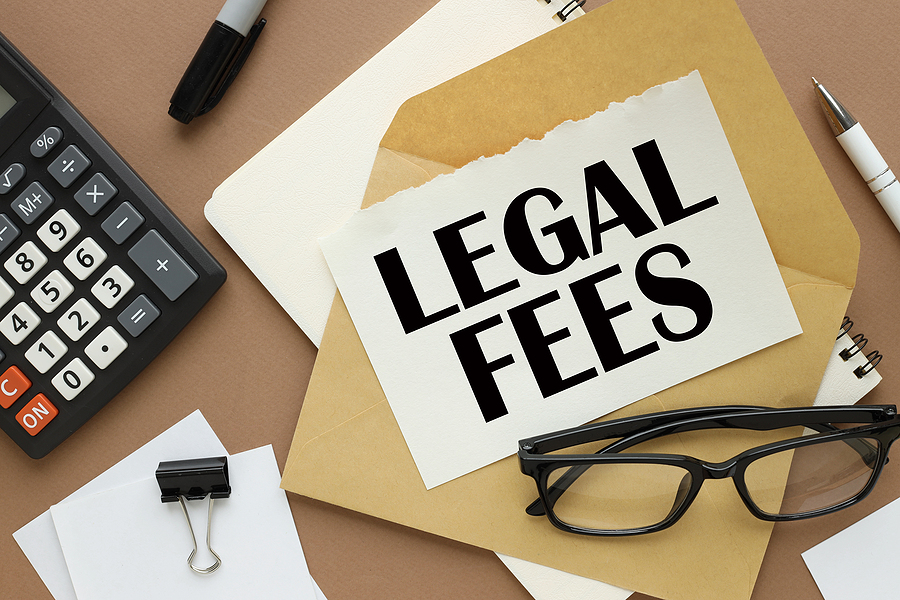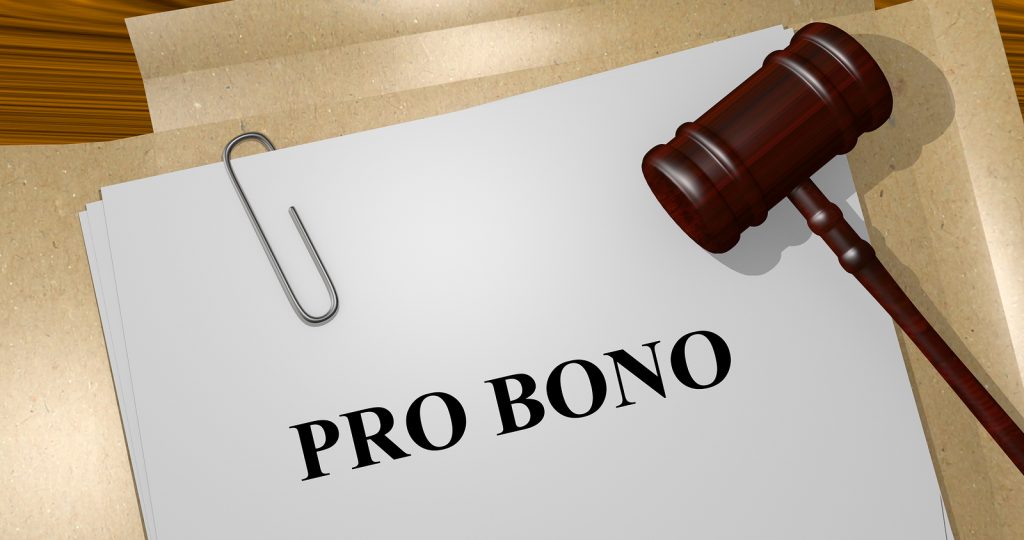Personal injury cases can be daunting, especially when you’re grappling with recovery and legal complexities simultaneously. One of the key concerns for many is understanding legal fees and the maximum cut an Indiana personal injury attorney can take from your settlement. Navigating through the labyrinth of legalese can indeed be quite challenging.
In this blog post, let us help you decode the intricacies of legal fees, providing you with a comprehensive understanding of what you can expect when hiring a personal injury lawyer in Indiana. Our goal is to empower you with knowledge, ensuring you make informed decisions during this challenging time.

How Do Personal Injury Lawyers Charge for Their Services?
Before we delve into the specifics, it’s crucial to understand how accident lawyers typically charge for their services. In Indiana, personal injury attorneys primarily work on a contingency fee basis. This means that they receive compensation only if they win your case. If they lose, you won’t owe them any legal fees. In other words, their payment is contingent on the outcome of your case.
What Percentage Do Accident Lawyers Charge in Indiana?
According to the American Bar Association, contingency fees for personal injury cases typically range from 33% to 40% of the total settlement amount. However, these percentages may vary based on individual state laws and the specifics of your case.
Other Factors That May Affect Legal Fees
Although a 33.3% attorney fee is normal , there may be other factors that could influence legal fees in personal injury cases. These include the complexity of your case, the evidence available, and the amount of time and resources required to document a strong case. Your attorney may also take into account other expenses incurred during the legal process, such as court fees, expert witness fees, or medical record retrieval costs. Sometimes attorneys will charge up to 40% once trial preparation has begun because of the vast increase in time and expense preparing for trial.
Are There Any Additional Fees You Should Be Aware Of?
Besides contingency fees, there may be other fees associated with such cases. AS just mentioned, these can include filing fees, initial consultation charges, and costs for obtaining medical records, expert reports, deposition testimony, or police reports. However, reputable attorneys will typically cover these costs upfront and deduct them from your settlement amount once your case is resolved, again depending on the case.
Why the Cost of a Personal Injury Attorney is Worth It
It’s natural to have concerns about legal fees, but hiring a personal injury lawyer can significantly benefit your case and will increase the final amount you receive in pocket. Experienced attorneys have the knowledge and resources to navigate complicated legal procedures, negotiate with insurance companies, and fight for your rights while you focus on your recovery. Additionally, most accident lawyers offer free consultations where they can evaluate your case’s merits and advise you on the best course of action, as we do.
Conclusion
As an accident victim in Indiana, it’s crucial to understand the normal attorney fees that you should be charged. Knowing your rights and knowing what a fair contingency fee is is critical to ensuring that you receive just compensation for your injuries. With this blog post, we hope to have provided you with a better understanding of legal fees in personal injury cases and empowered you to make informed decisions when hiring a civil litigator. Remember, knowledge is power, and we’re here to support you throughout this challenging process.
If you or a loved one has been injured due to someone else’s negligence, don’t hesitate to seek legal help to protect your rights. Contact Craven, Hoover & Blazek, P.C. at 317-881-2700 to schedule a free initial case evaluation with a seasoned personal injury lawyer in Indianapolis, today. Meet with us over the phone, video conference, or in person at our Indy office. We can also meet you at your inpatient medical treatment center if necessary.
Related Posts:
How an Attorney Can Help Injured Victims Recover Maximum Damages
4 Reasons Why You Should Not Represent Yourself in a Personal Injury Case
Maximizing Your Settlement: Key Strategies in Personal Injury Claims




